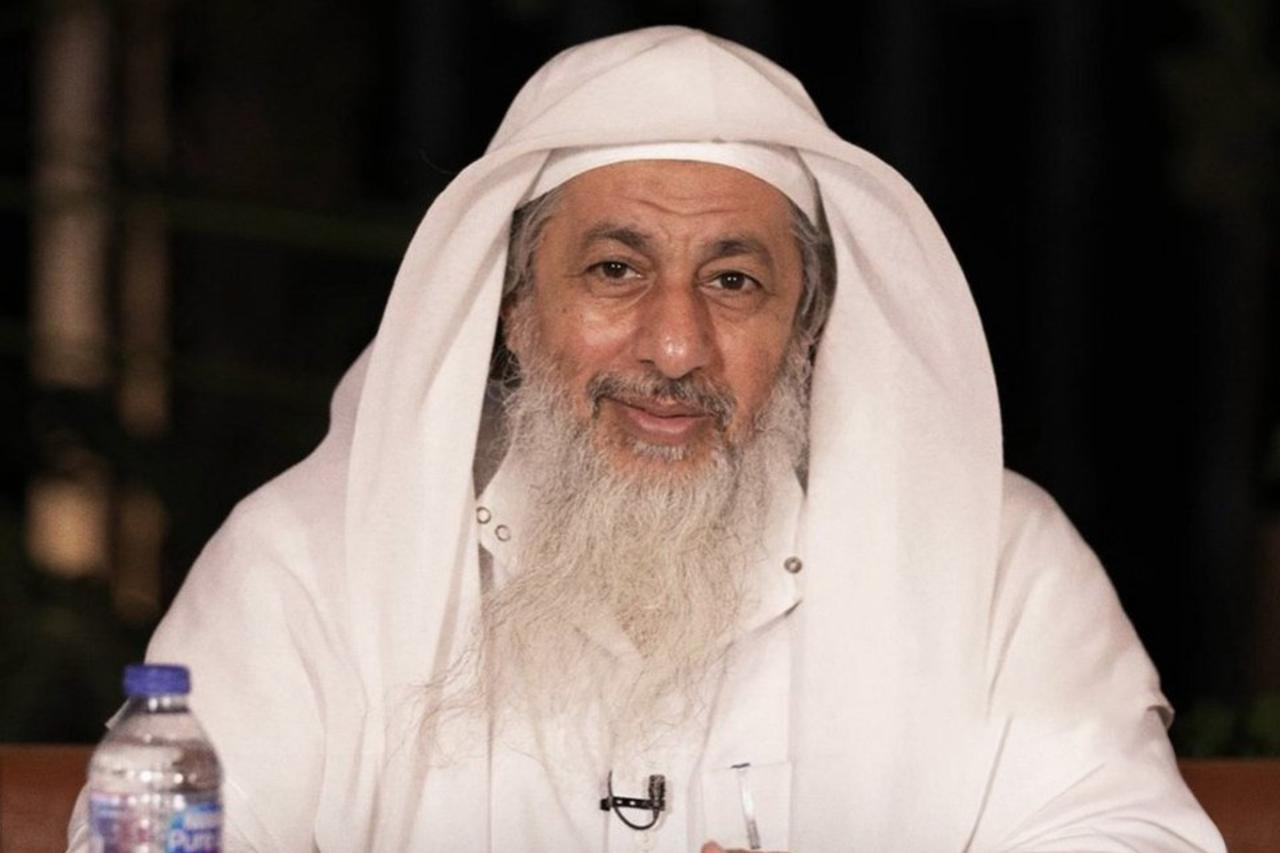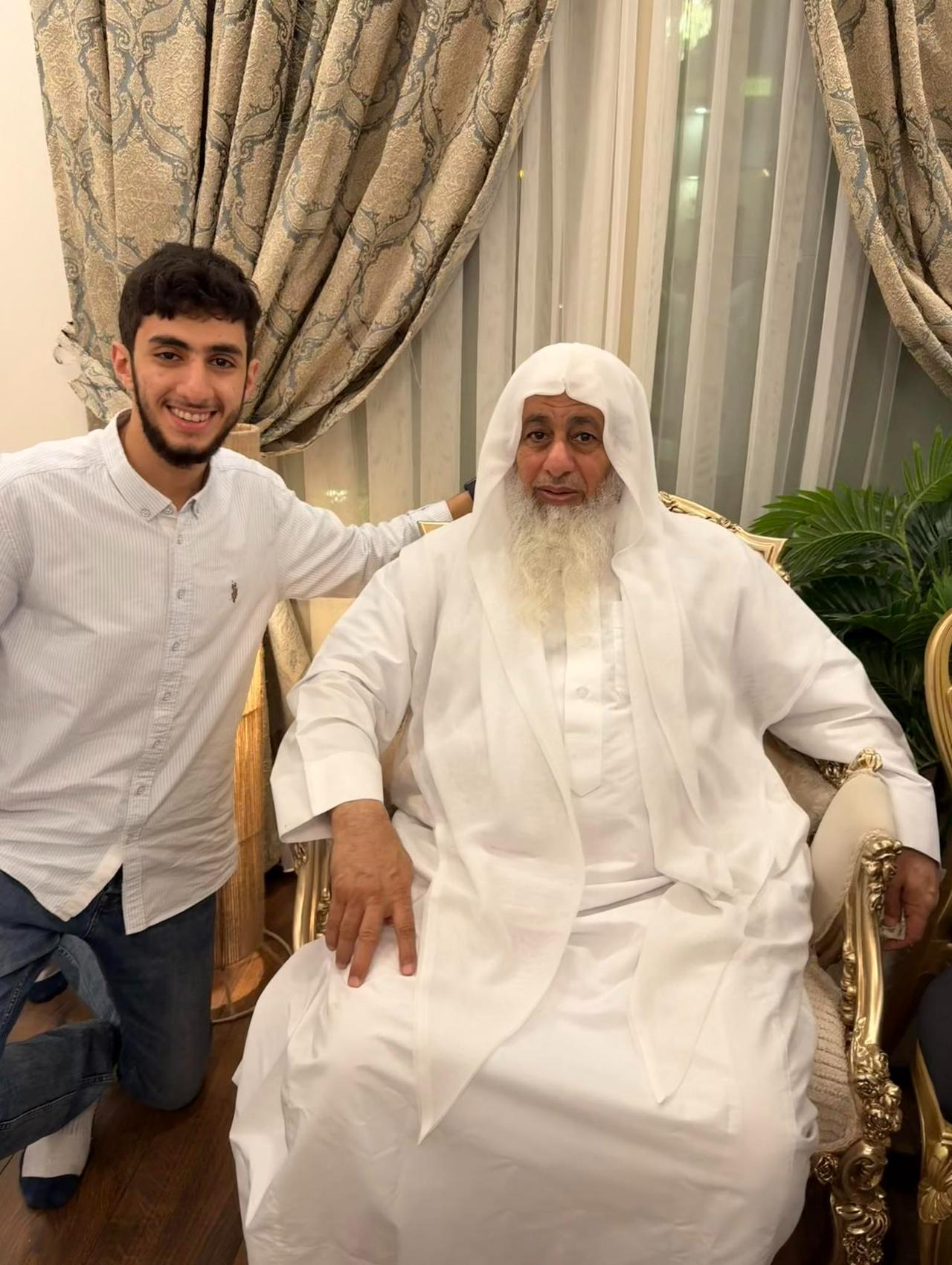
Egyptian Salafi preacher Mustafa al-Adawy sparked widespread debate after urging Muslims to avoid glorifying ancient Egyptian civilization during the opening of the Grand Egyptian Museum in Cairo, warning against “fitna” and admiration of Pharaoh and his people.
Al-Adawy urged caution for those visiting the museum, emphasizing that the visit should not lead to admiration or veneration of ancient Egyptian civilization.
In a video that quickly gained traction on social media, al-Adawy expressed his concerns, stating, "I fear that Egyptians will be captivated by the statue of Ramses and the idols, statues, and treasures of the Pharaohs, along with the methods of mummification housed in the museum."
He stressed that these artifacts should be visited with the purpose of reflection, rather than pride, citing the Quranic verse: "Say, 'Travel through the land and observe how the end of the criminals was.'"
Al-Adawy further criticized Pharaoh, calling him "the cursed tyrant who claimed divinity." He underscored that it is the duty of every Muslim to disassociate from Pharaoh’s actions and beliefs.
"We bear witness to Allah that we renounce him, his followers, and his corrupt, tainted beliefs," he declared. The preacher urged Muslims to visit the museum with the intent of drawing lessons from the artifacts, not to celebrate them.

Following his controversial comments, Egyptian security forces arrested Al-Adawy in the Dakahlia Governorate.
He was later released on bail of $ 210 ( 10,000 Egyptian pounds ) after the prosecution heard his testimony regarding the widely circulated video.
In response to al-Adawy’s statements, several religious scholars and media figures publicly defended the act of visiting the museum.
They argued that such visits do not conflict with Islamic teachings and instead serve to recognize and appreciate the contributions of ancient Egyptian civilization to human history.
Activists have shared a previous fatwa by Saudi Arabian Sheikh Saleh al-Fawzan, the new Grand Mufti of Saudi Arabia, on social media in the context of al-Adawy’s comments.
The fatwa, published in 2023, addresses the permissibility of visiting Pharaonic antiquities and was cited frequently after the museum's grand opening.
According to al-Fawzan’s fatwa, visiting Pharaonic relics is permissible if the purpose is reflection, learning, and fostering reverence for Allah Almighty.
However, he warned that if the intention behind the visit is simply sightseeing or glorifying the ancient civilization, this would be impermissible under Islamic law.
"If the intent is merely sightseeing, recreation, or glorifying them as people of civilization and power, praising them, then this is not allowed," al-Fawzan stated in the fatwa.
As the Grand Egyptian Museum officially opens its doors to the public on Teusday, the debate over how Islamic teachings intersect with the appreciation of Egypt’s ancient history continues to unfold, with both religious leaders and the public offering varied perspectives.